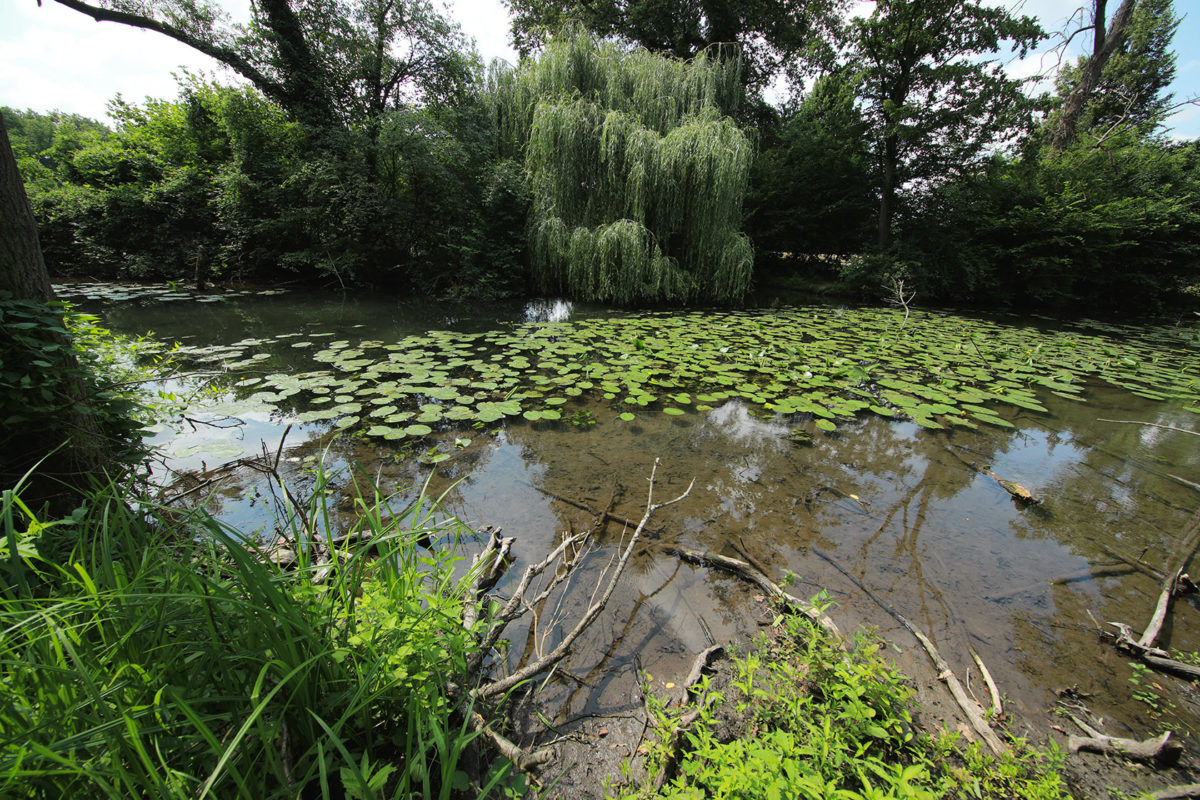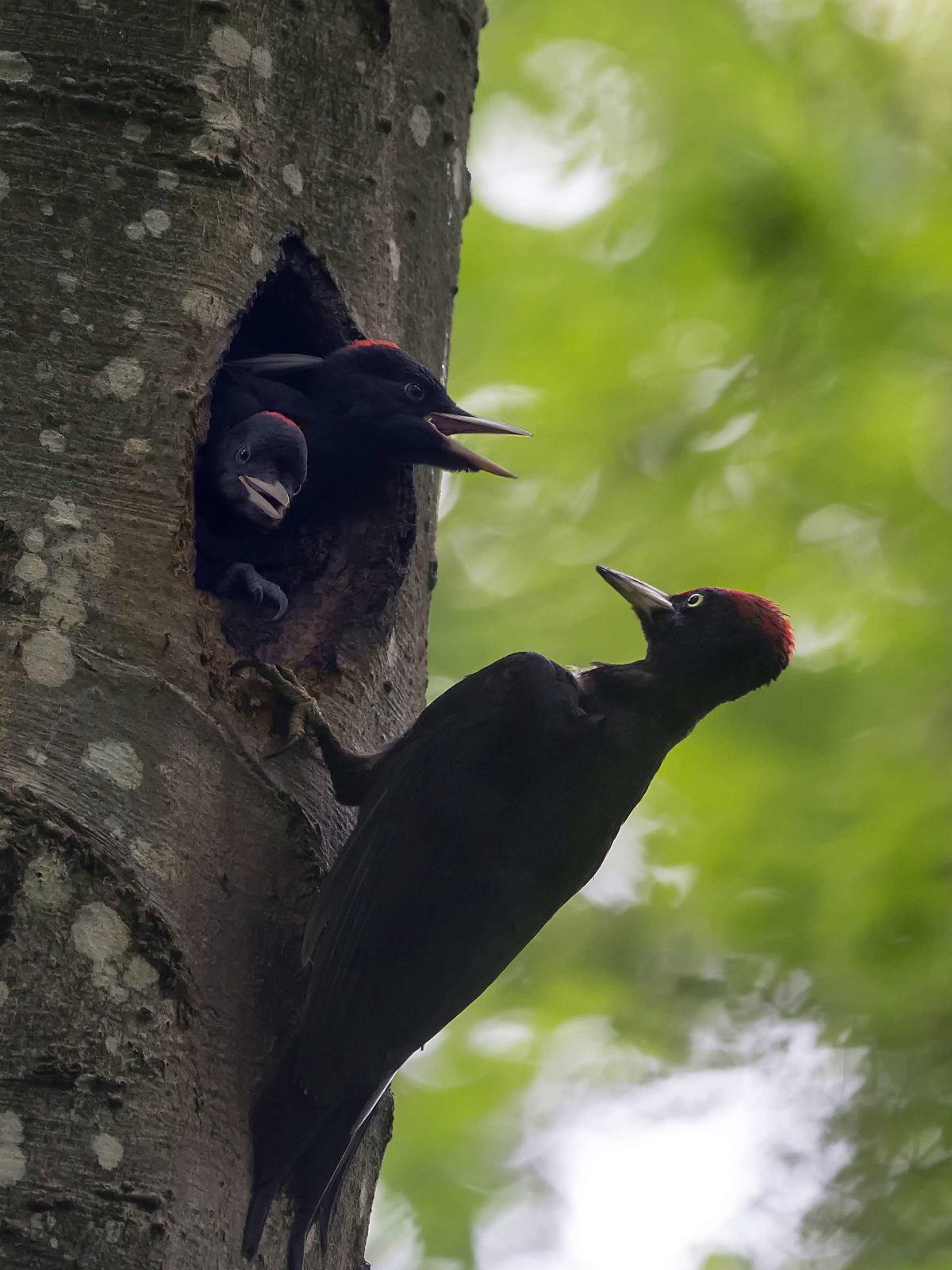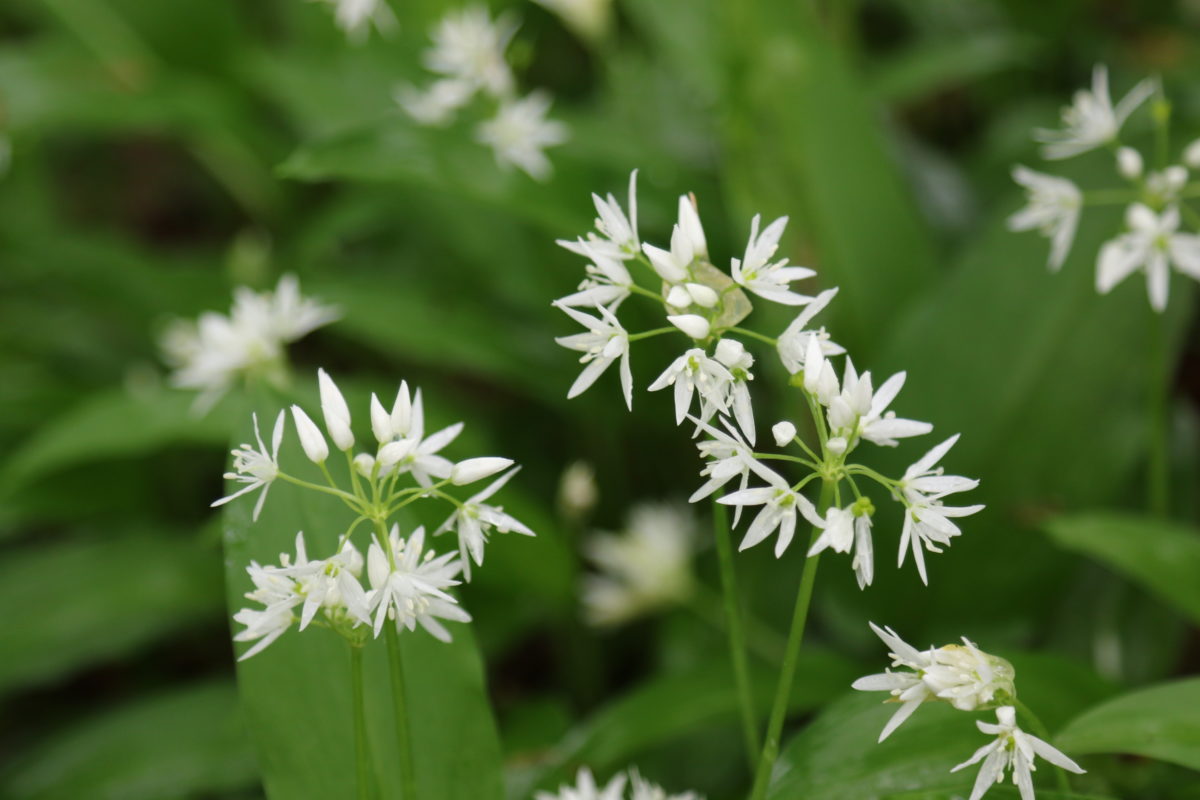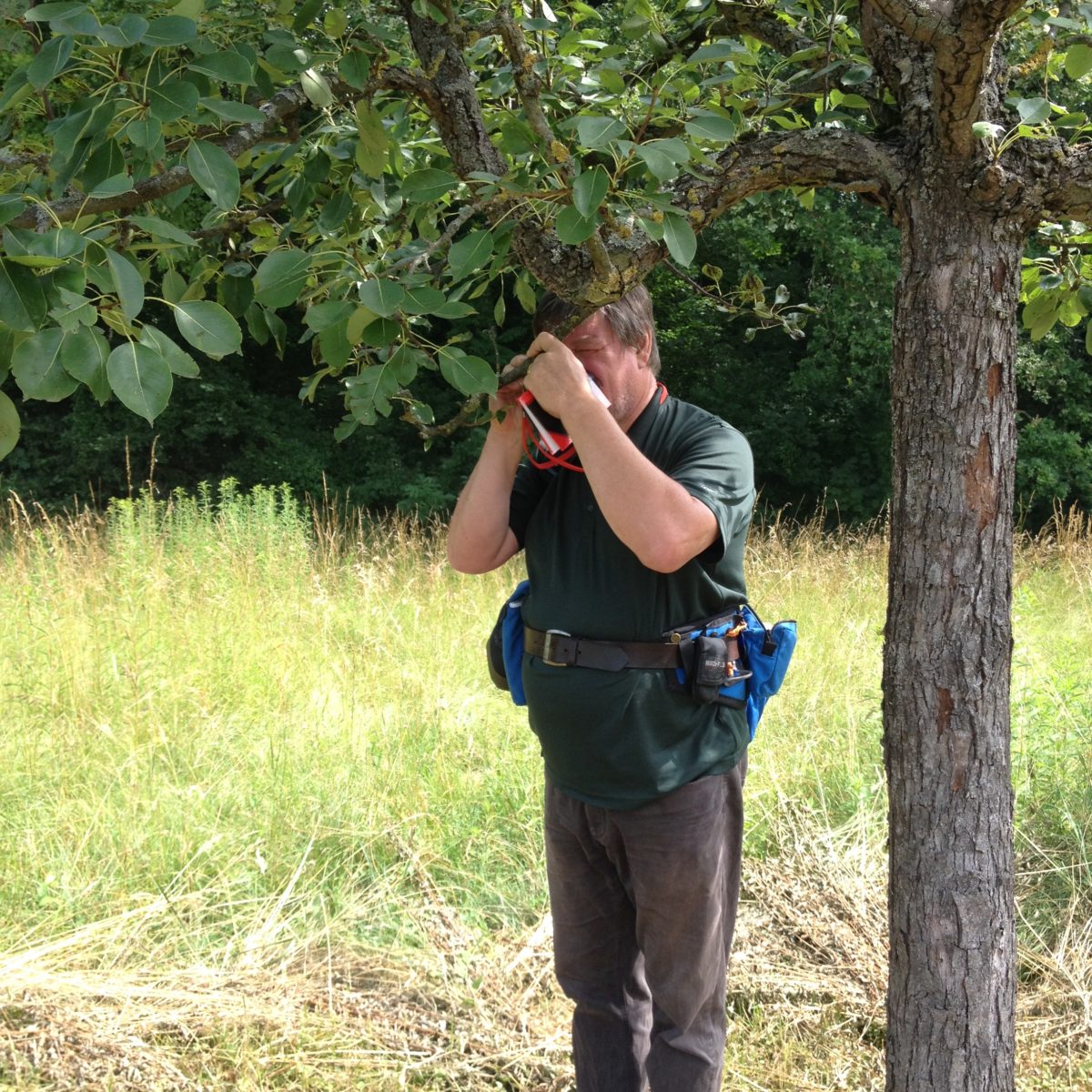Governance and operation
A National Nature Reserve is governed by the French Environmental Code. While complex, this piece of legislation contributes to having a transparent management system and broader stakeholder involvement.
A National Nature Reserve is a remarkable natural asset recognized at the national level. Consequently, its classification is decided by the government, by ministerial decree. The government is then responsible for its management which it delegates to a competent local administrator. The management convention sets down the duties under the administrator’s responsibility, for which it receives an annual grant.
The convention of Friday, March 28, 2014 named the City of Strasbourg as administrator of Rohrschollen Island Nature Reserve. It stipulates the duties assigned by the government of which the priority is to apply and enforce the rules and regulations at the site. The administrator is also responsible for formulating and implementing the management plan, a reference document that defines the long-term objectives and the ensuing interannual action plan.
Renewed every five to 10 years, the management plan is submitted for approval by the CSRPN (Regional Scientific Council for Natural Heritage) for the Grand-Est Region before its implementation. The first management plan was also submitted for approval to the CNPN (National Council for the Protection of Nature) whose role is to ensure the long-term objectives are in line with the conservation aims for France’s natural heritage nationwide.
The nature reserve’s very own parliament, the consultative committee, is represented by all the reserve’s stakeholders. Formed of regional and national government agencies, local elected officials, residents, users and associations, the committee is in charge of monitoring and evaluating the management. The consultative committee gives its opinion on any matter relating to the nature reserve before any decision taken by the prefect or their representative.


The administrator is also supported by the nature reserve’s scientific council. Made up of scientists specializing in the different challenges faced by this classified area, the council is both a resource for making more informed management decisions and a scrutinizing body providing a response to any project that risks contradicting the conservation objectives. Until a dedicated scientific council is established, the CSRPN for the Grand-Est region fulfills this role for the Neuhof-Illkirch Nature Reserve.
Lastly, due to the particular peri-urban setting of Neuhof-Illkirch Nature Reserve, the City of Strasbourg is constantly working in cooperation with the users and residents of the site. District councils are part of the administration. A dialog process instated to determine the most effective way to reconcile nature conservation and visitor traffic led to the formation of a citizens’ group that is especially involved in the life of the reserve.
The consultative committee meets twice a year to discuss management matters.
For the period 2014-2019, the management budget for Neuhof-Illkirch Nature Reserve was €260,000/year shared between the government and the City of Strasbourg. It can be increased depending on the projects underway and any additional funding obtained.
From surveys to monitoring
As the administrator, the city is responsible for producing and then implementing the management plan, a document containing the planned conservation and management measures for each nature reserve. The plan is based on scientific findings which the administrator takes on board to adjust existing practices and come up with new management and non-management techniques. The team at the reserve integrates a set of measures into their management plan that they use to identify and monitor the different species and habitats at the site.
Surveys
Surveys provide a report on the status of species and habitats at a given time. They are a way to identify particular species that are in need of targeted research. These surveys are conducted by passionate naturalists, who can be research officers from the site, but also volunteers from local associations or specialist research organizations. A range of surveys have been carried out at Neuhof-Illkirch Nature Reserve on various subjects: beetles (GEPMA); avifauna (LPO), bryophytes (H. Tinguy), lichen (V. John), an entomological survey (SAE) and many more.
Monitoring
Monitoring is used to evaluate the status of a population or habitat in the long term. The teams at the reserve take part in national monitoring programs, such as STOC (Temporal Monitoring of Common Birds) and PSDRF (Dendrometric Monitoring Protocol for Forest Reserves) as well as monitoring entomofauna in open habitats around the site or the conservation status of meadow habitats.



